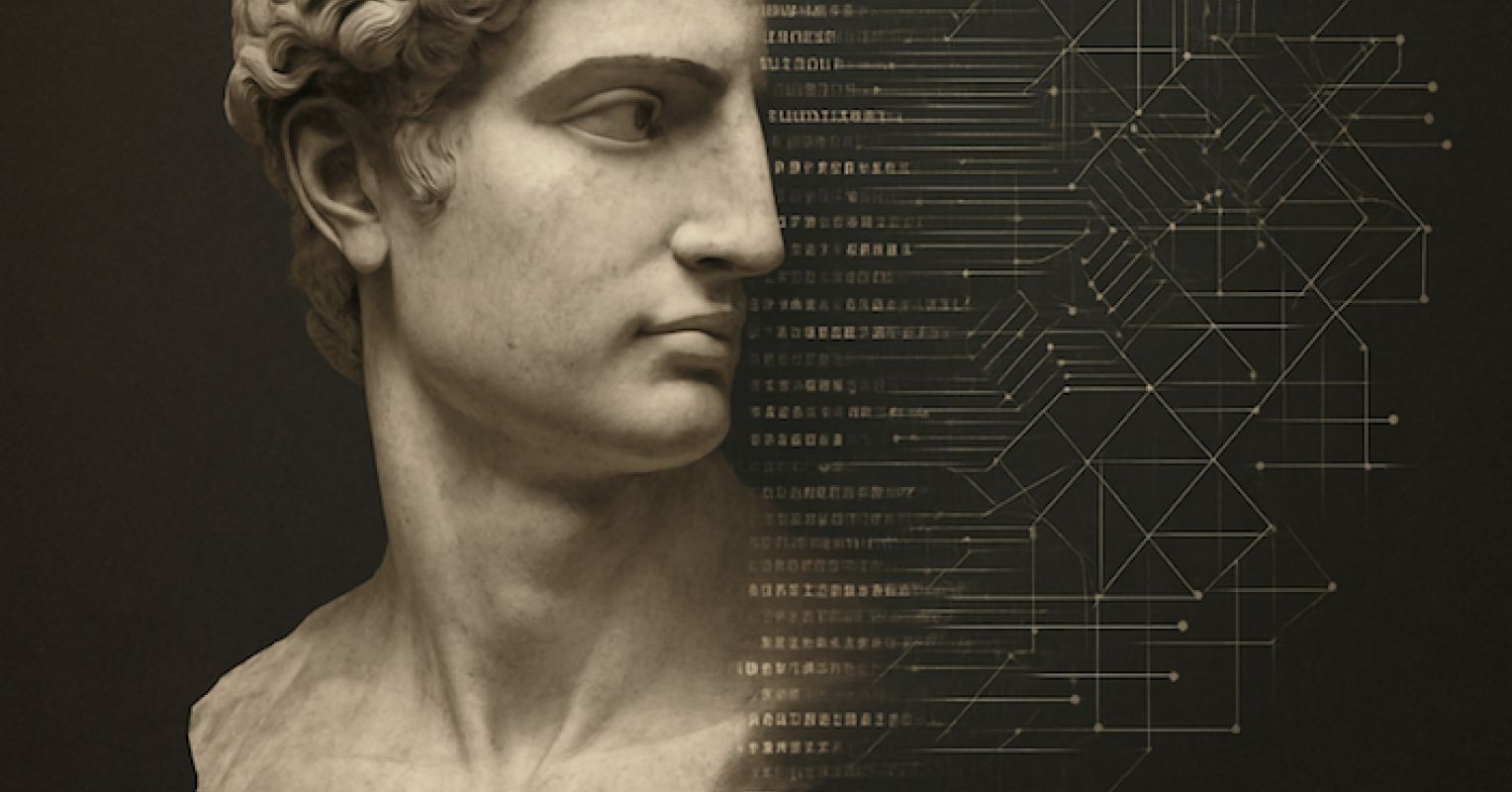
"We've romanticized human error to protect against our cognitive imperfections. This dynamic allows us to move through uncertainty with something that can feel like authority."
"Human judgment fills gaps left by noise, ambiguity, or missing data, leading to a story that romanticizes our cognitive limitations."
Human limitations have often been turned into legends, called 'art' in fields like medicine, or seen as 'gut' feelings in leadership. These concepts provide cognitive cover, allowing movement through uncertainty. Beneath this lies a 'cognitive fudge factor' where approximations, generalizations, and human judgment fill in gaps created by missing data. Over time, society has romanticized improvisation and mistakes, turning them into narratives of wisdom and character. Romanticism serves as a defense mechanism to cope with human frailties, particularly in uncertain environments where perfection is unrealistic.
Read at Psychology Today
Unable to calculate read time
Collection
[
|
...
]